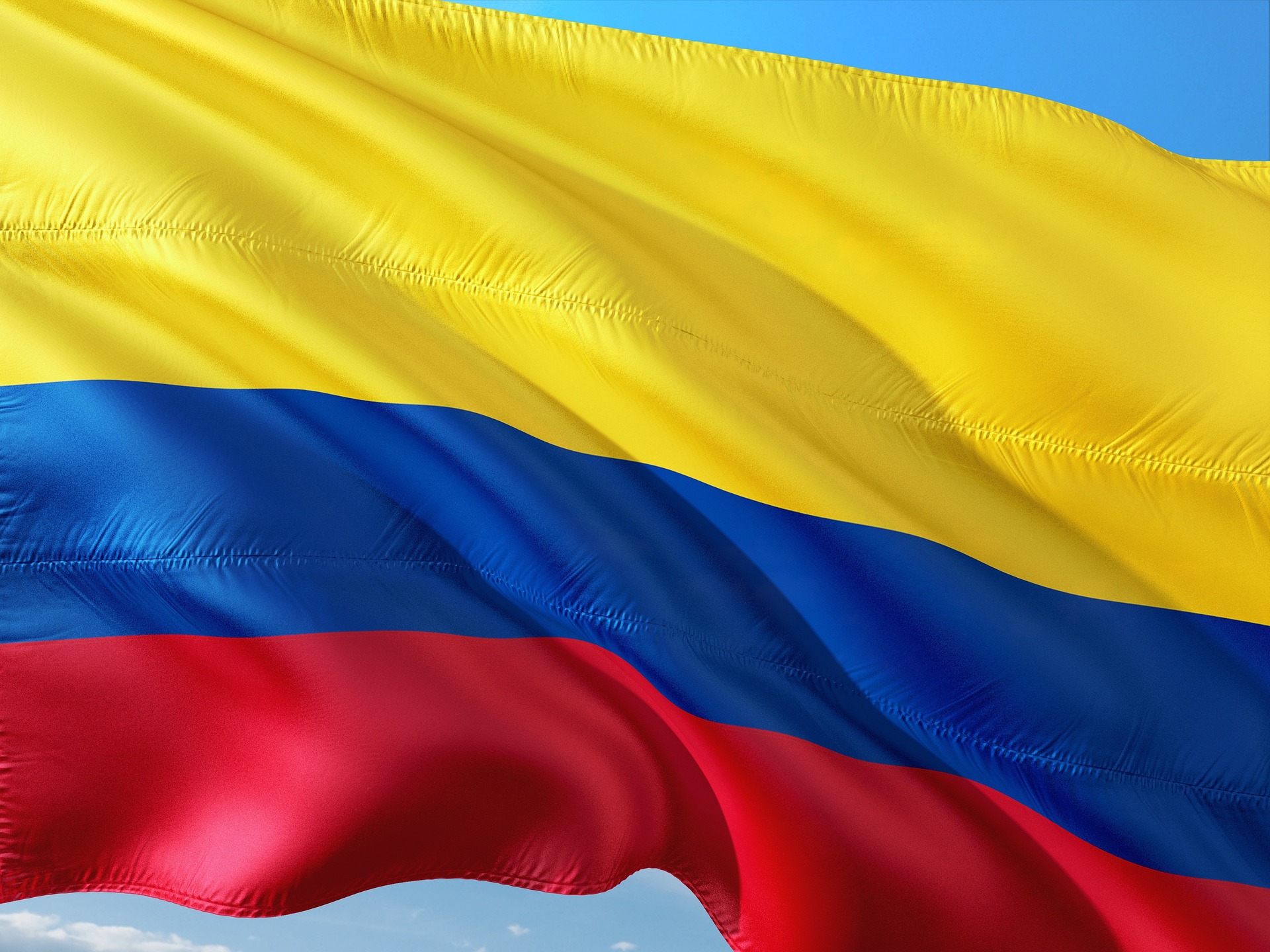
Colombia has joined the BRICS-backed New Development Bank (NDB).
President Gustavo Petro’s administration views the move as a step toward reducing the country’s long-standing dependence on Western financing and unlocking new investments for strategic infrastructure projects.
Foreign Minister Laura Sarabia welcomed the announcement, saying that the decision reflects a financial strategy and aligns with broader national objectives.
Membership in the NDB offers access to development loans with fewer political conditions than those typically imposed by institutions like the IMF or World Bank. But beyond its practical benefits, the move carries symbolic significance. It underscores Petro’s ambition to redefine Colombia’s international posture by pivoting away from the traditional Washington-Bogotá alliance toward a more autonomous role within the Global South.
Domestically, the decision has sparked mixed reactions. Lawmakers from the ruling coalition have hailed it as a step toward “financial emancipation,” while opposition parties and business groups have expressed concerns over the fiscal implications and reputational risks of aligning with a bloc that includes China and Russia.
Colombia has historically been a close ally of the United States, particularly in counternarcotics efforts and in supporting Washington’s liberal economic agenda. Against this backdrop, Colombia’s deepening engagement with China—already a key trading partner—has raised geopolitical tensions.
The U.S. State Department has reiterated its opposition to Latin American projects linked to China’s Belt and Road Initiative, which Washington sees as a strategic effort by Beijing to extend its global influence through infrastructure development.
Established in 2015, the New Development Bank was created to finance infrastructure and sustainable development in emerging economies. Since its inception, the bank has approved over $40 billion in funding across 122 projects, including initiatives in transportation, clean energy, and sanitation.

